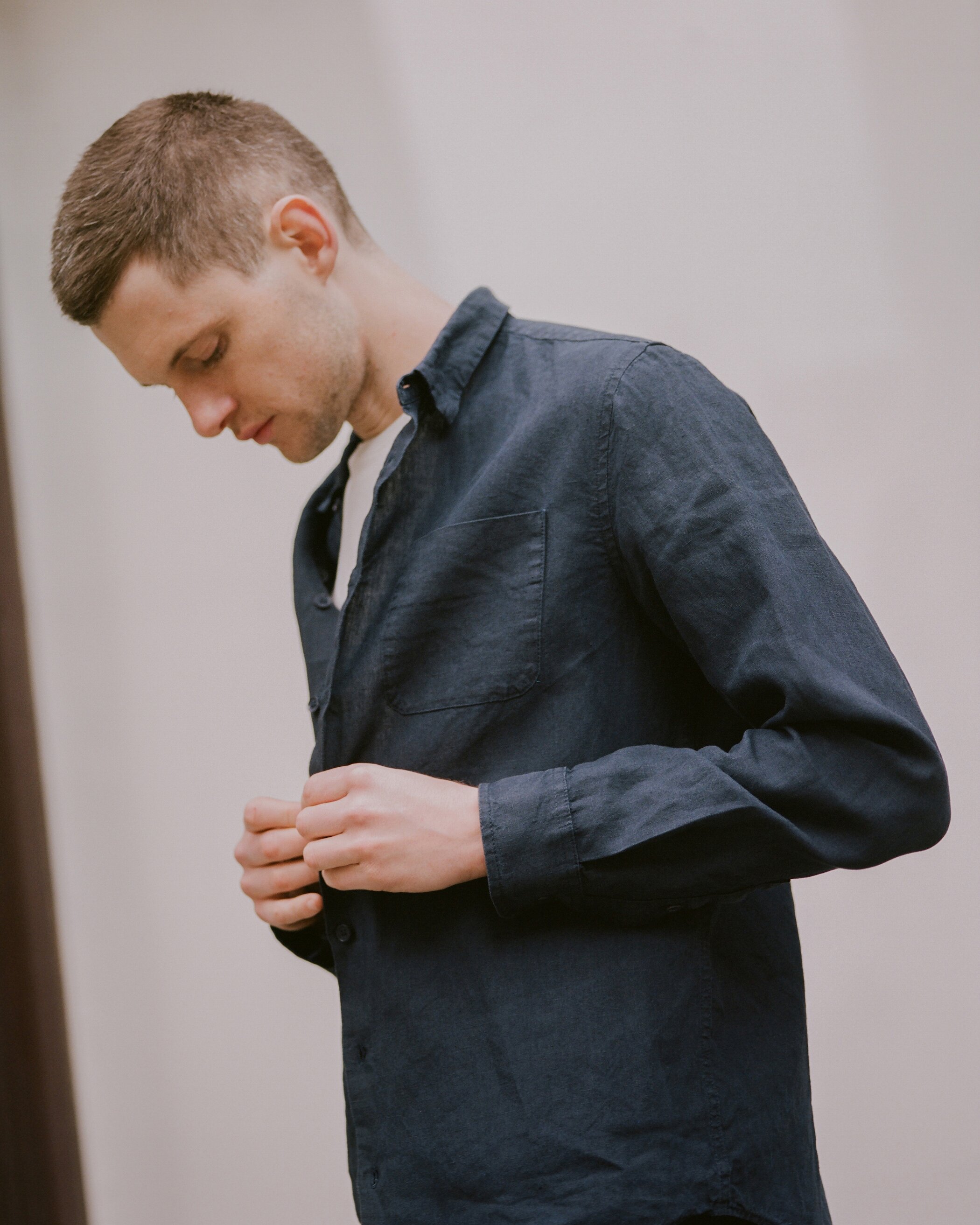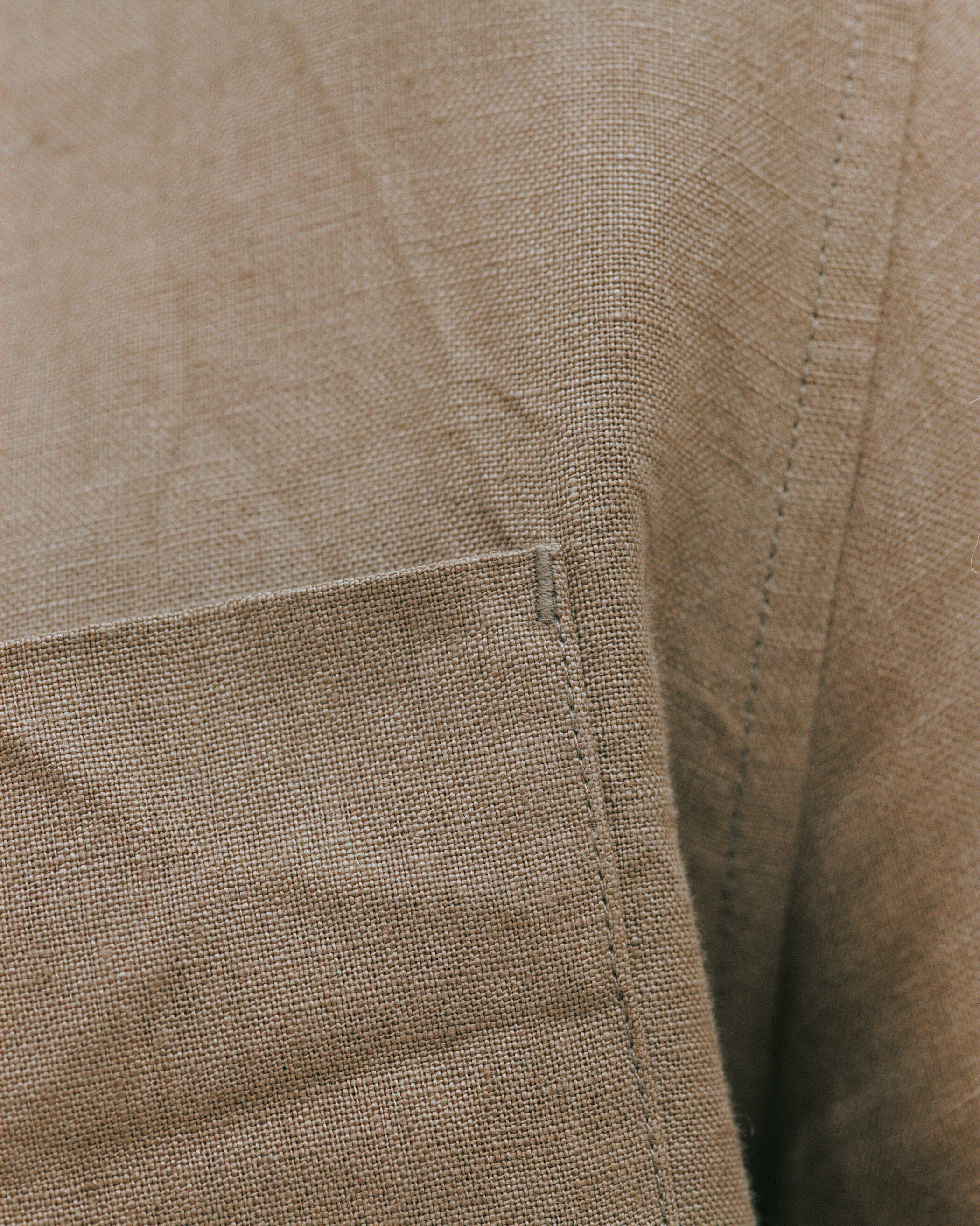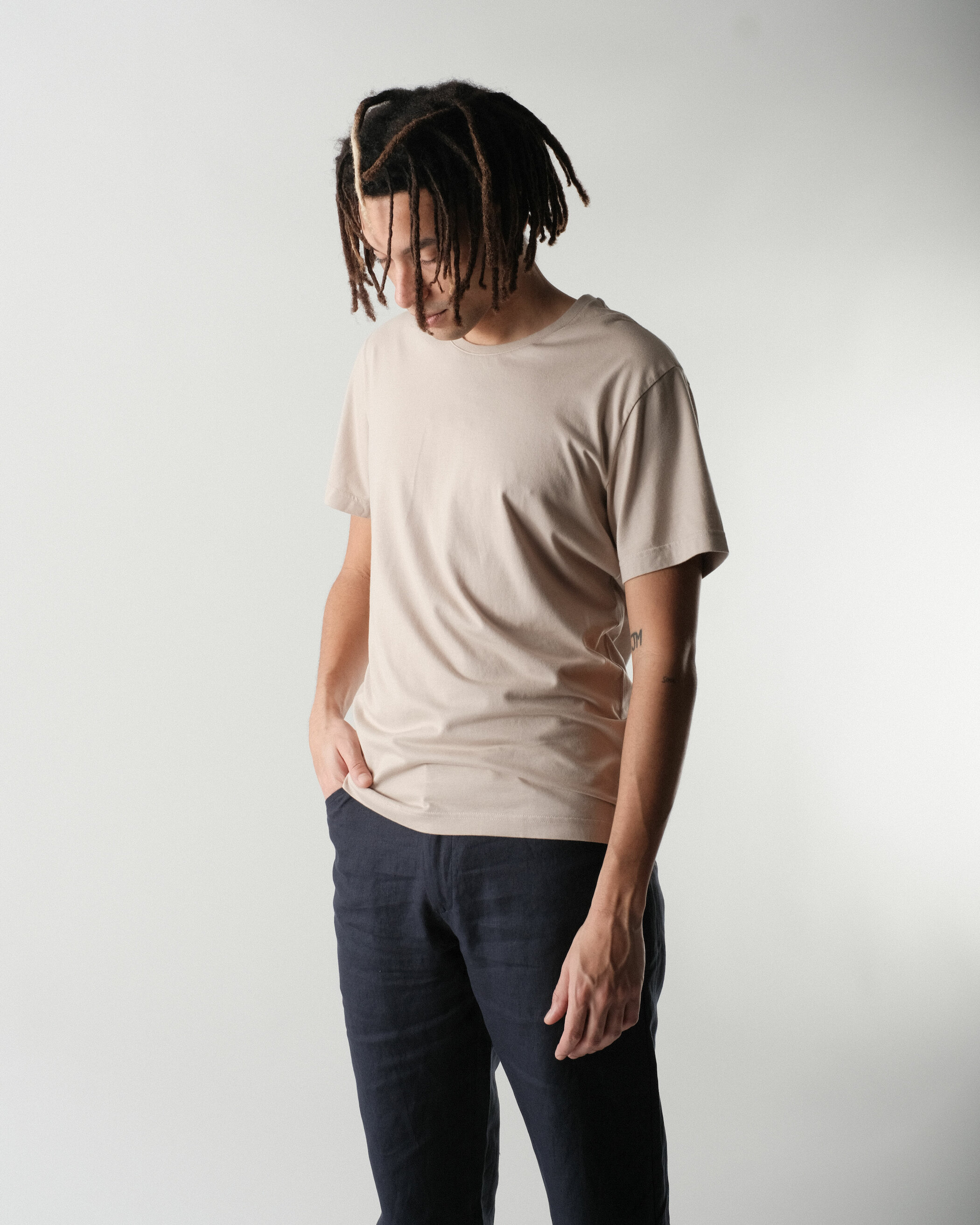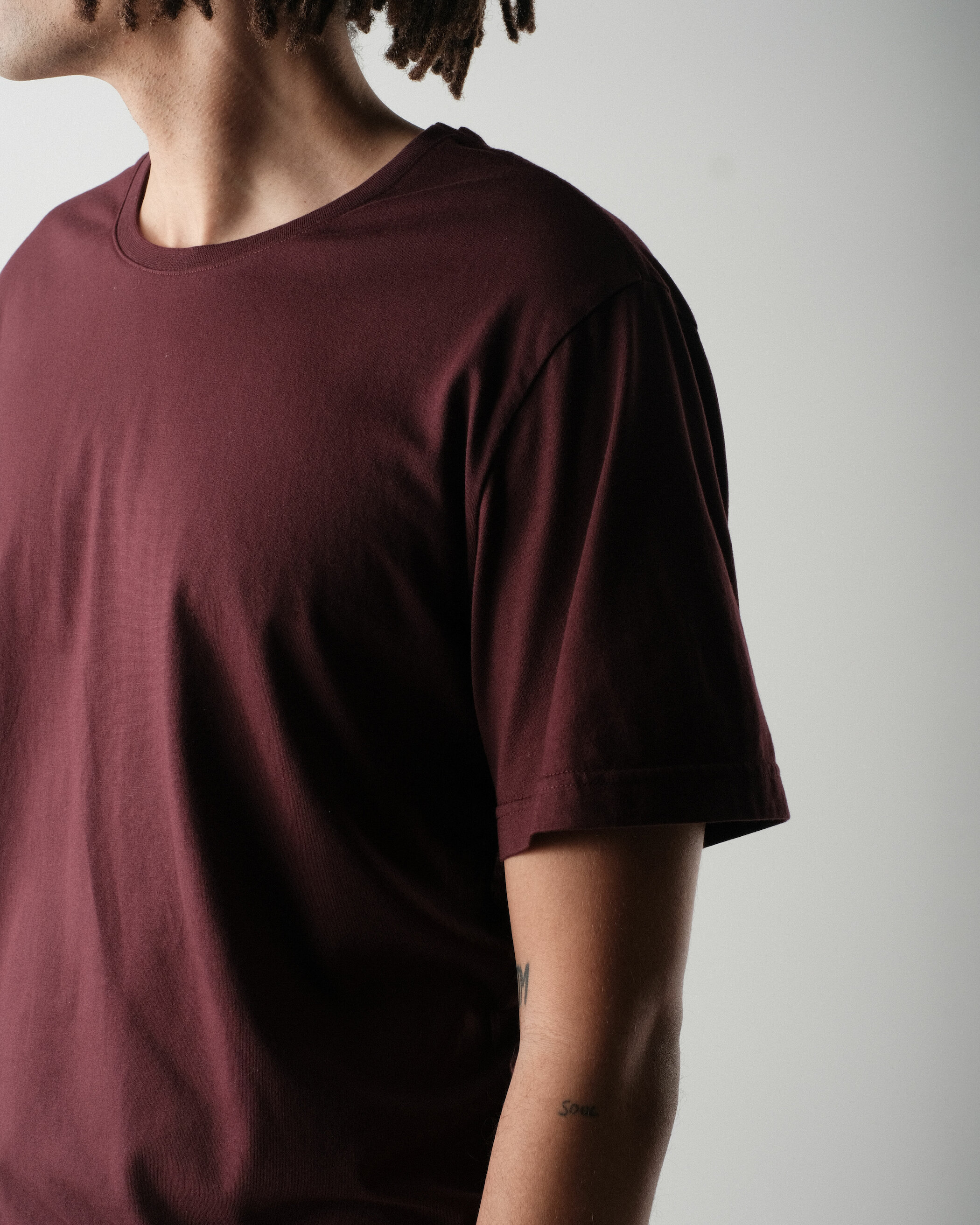Linen Shirt
98 €
Info
- cooling
- antibacterial
- resource-saving
100% European linen
Handmade in Istanbul
Fit
- straight fit
Medium length also fits as overshirt.
Linen shrinks a little after the first wash, which is why we gave the new shirts a little overlength. If the shirt does not fit as desired, we are happy to exchange it even after it has been washed once.
COOLING
The smooth, waxy flax fiber traps very little air and therefore makes for a particularly cool, breathable and dirt-repellent fabric. Linen is also hypoallergenic and dries quickly.
ANTIBACTERIAL
Flax is naturally germicidal and neutralises odours. Similar to wool, linen products can simply air out. This prevents excessive washing and saves resources.
RESOURCE-SAVING
Linen is one of the few fibers that can be grown in Europe. Compared to cotton, its production is considerably more environmentally friendly, is purely mechanical and does not require chemical additives.
Images
Materials& Production
100% linen from European cultivation
Linen is made from the stalks of the flax plant. It is very resistant, which means that the use of pesticides is largely unnecessary if it is cultivated in a species-appropriate manner.
Flax is one of the oldest cultivated plants and was the most common textile fiber until the middle of the 19th century, when it was replaced by cotton due to time-consuming manual processing.
Linen is one of few fibers that can be grown in Europe. Compared to cotton, the production of flax is much more environmentally friendly, is purely mechanical and does not require chemical additives.
HANDMADE in Istanbul
We manufacture our linen products in cooperation with a weaving and sewing workshop in the European part of Istanbul. The workshop currently employs around 40 people and mostly produces for sustainable brands in Europe.
Due to its long history weaving, Turkey is perfectly suited for the production of high-quality linen products.
BUTTONS corozo
The buttons are made from corozo, a natural bone-like material obtained from the nut of the tagua palm. They are made and dyed in Istanbul. The immediate proximity to the textile production saves long transportation routes.
LABELS organic cotton
The labels are made from 100% organic cotton and are woven and screen-printed in Portugal.
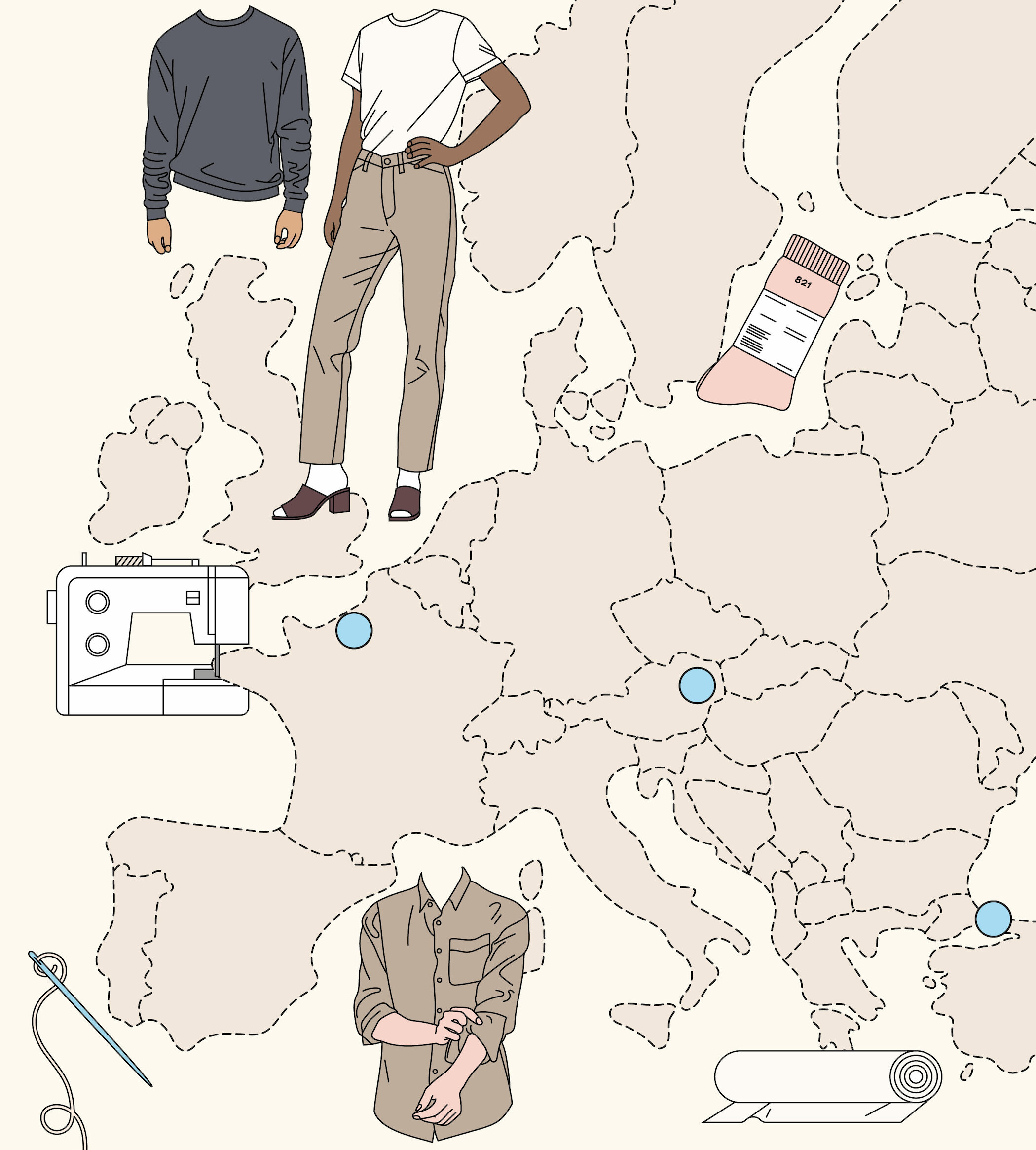
Cleaning& Care
Wash at 30°
Iron at medium heat with steam
Dry on low heat
Do not bleach
The garment should be washed before wearing it for the first time. This will make the linen more supple and allow it to find its final shape. With linen, it is often sufficient to hang the garment out overnight in the fresh air after wearing it. When washing, it should be noted that linen absorbs a lot of water and swells a little during the washing process. Linen is somewhat prone to rubbing, so it is advisable to chose a gentle laundry cycle and avoid mixing with coarse fabrics. For best results pread flat to air dry. When ironing, remember that the fabric should be damp.
SUSTAINABLE WASHING
A washing temperature of 30°C is usually sufficient, protects the fibers and saves energy. For example, a wash at 30°C uses only about 2/3 of the energy of a wash at 40°C.
The detergent should be biodegradable. In Austria, for example, this is indicated by the eco-label. The dosage according to the packaging should be adhered to, whereby soft water (such as in Vienna) requires less detergent than hard water.
The use of fabric softener should generally be avoided. Some baking soda can be used instead of aggressive bleaching agents, and a little vinegar helps against unpleasant odours.
A large amount of energy can also be saved by air drying your laundry instead of using a dryer.
